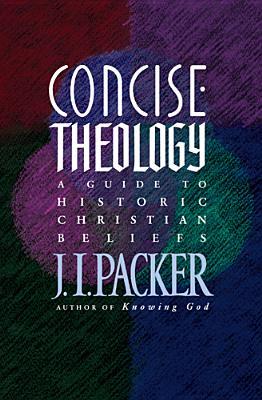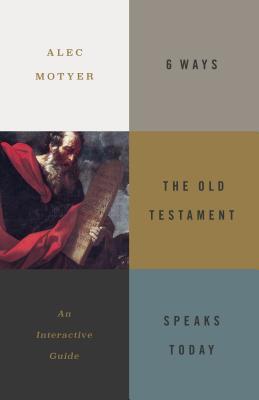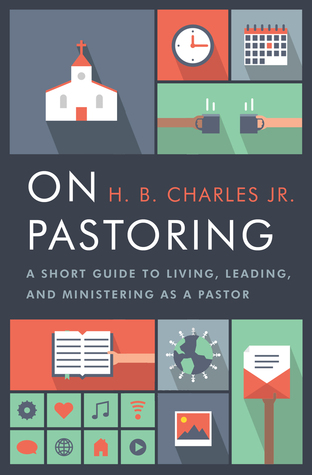The Gospel and The Gospels
This week’s reading lays the framework for a deeper study of the Gospels according to Matthew, Mark, Luke and John in coming weeks. So far, that reading includes Who Chose the Gospels?, by C.E. Hill, Reading the Gospels Wisely, by Jonathan T. Pennington, and Four Portraits, One Jesus (2nd Edition) by Mark L. Strauss. The reading for this week surveys the gospels themselves (what they are), the gospel message (what the gospels are for), and how the gospels have been (and are) used and studied. Great stuff, really – healthy does of history and hermeneutics.
Two passages in the reading stand out to me, both from Pennington. And why not, since he is the prof, after all!
Bringing our discussion of the first two chapters to a close we may ask again, what are the Gospels? After our exploration of the origin and usage of the euangelion word group, I proposed that for the New Testament authors the “gospel” is the proclamation of Jesus’ fulfillment of the promised return of the reign or kingdom of God. We have seen that this oral apostolic proclamation naturally and understandably is eventually written down, and the result is our canonical Gospel, given to us in its fourfold narrative form, or as we say today, the Gospels.
Reading the Gospels Wisely, pp.34-35
That acts as a powerful conclusion that allows him to move into the next chapter on why we need the Gospels, and not just the Pauline (Petrine, Johannine, etc. – the “letters”) corpus. The “modern”, scientific mindset, with its predisposition for analysis in abstract, for atomizing, isolating principles, can easily miss the big picture with all its messy interactions, a “forest for the trees” view of the world and our relationship with its creator. Narrative provides a unique way of teaching that looks more holistically at life, and thus can approach the complexity of faith in interaction with a real, fallen world in need of God. And with that, the other quote (and a reference to Tolkien!):
We are story people. In the very fabric of our beings we are spring-loaded for story. Story is how we make sense of our world and our own lives. Story powerfully creates life and hope, the lack of which is depression. Hope is imagination, and imagination is central for human flourishing and life. When we hope, we are using God’s image-bearing gift to envision a reality that does not yet exist. Creating story (including the writing of history) is at the height of or abilities as those made in God’s image or, to use Tolkien’s language, as “subcreators” modeling after the Creator. Story is created by and creates imagination. Abstract reflection and doctrine are necessary and good, but they do not have the the same kind of effect and transformative power that a story does. (italics mine)
Reading the Gospels Wisely, p.46
In my last class, an author quipped that we are interpreters of life and our circumstances. We don’t view reality objectively, but always interpretively, connecting what we see and giving it meaning. It’s been percolating in my mind, and with all this talk of hermeneutics and meaning, of teaching and life, reminds me also of Douglas Hofstadter’s Surfaces and Essences, where he makes a powerful case for understanding consciousness and thought as essentially a thorough-going development of analogy.
I have to just sit back in awe, and consider how looking at the Gospels connects math (yep), consciousness, artificial intelligence, history, philosophy, language, revelation and the heart, just to name a few things. It reminds me that God does not always give us what we might want (a single, comprehensive, written Gospel, among other things), but he knows what we need. We see glimpses of the grandeur, but he created it, and invites us to partake of his nature (1 Peter 1:4). The Gospels take our costly faith and turn it to the goals of increasing virtue, knowledge, self-control, perseverance, godliness, brotherly kindness, and finally love. They give us both the living example and effective work of Jesus. They don’t just give us information to bolster theological arguments, they call on us to follow him and be changed by him.
Blessings to my fellow followers of Jesus, as we look toward our times of local worship tomorrow: May you together experience the blessings of the body of Christ and the power of the Spirit!



